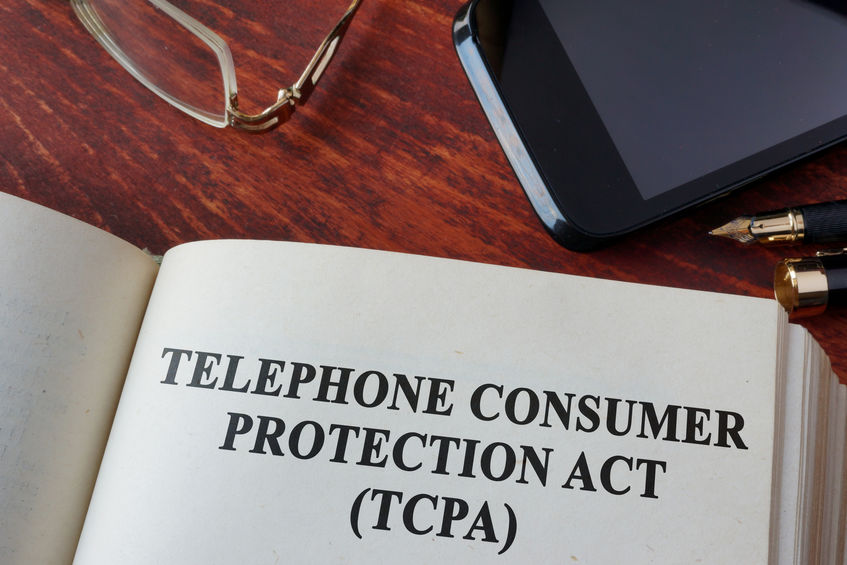Overview
 Each year in the United States, approximately 37 million telephone numbers are reassigned to new subscribers. Sometimes this reassignment can happen in as little as a few days—meaning the customer’s phone number that you called yesterday may belong to someone else tomorrow. And, although the phone number transferred to someone else, the consent you obtained to contact the prior subscriber does not transfer. This means that if you call that new subscriber in error, you are on the hook for liability under the Telephone Consumer Protection Act to the tune of $500 to $1,500 per call. In the case of a class action, liability could be far greater.
Each year in the United States, approximately 37 million telephone numbers are reassigned to new subscribers. Sometimes this reassignment can happen in as little as a few days—meaning the customer’s phone number that you called yesterday may belong to someone else tomorrow. And, although the phone number transferred to someone else, the consent you obtained to contact the prior subscriber does not transfer. This means that if you call that new subscriber in error, you are on the hook for liability under the Telephone Consumer Protection Act to the tune of $500 to $1,500 per call. In the case of a class action, liability could be far greater.
But fear not. The Federal Communications Commission has devised a solution to this problem in the form of a Reassigned Number Database. The database will be a centralized hub for companies to validate phone numbers and to ensure that those numbers still belong to the correct parties.
The database basically works like this: Telephone carriers will supply the database administrator with information about disconnected phone numbers. Then, companies that call consumers as part of their business can, for a small fee, cross-reference their list of telephone numbers against the database to determine if any numbers have been “permanently disconnected,” i.e., reassigned. The FCC requires a 45-day waiting period before a carrier can reassign a telephone number.
So why should you use this database? Crucially, the FCC has created a “safe harbor” for companies that utilize the database—if you accidentally call a reassigned number despite running a cross-check with the database because, for example, the number was not yet reported as disconnected by the carrier, you are shielded from TCPA liability for that call. This constitutes the FCC’s attempt to stem the tide of TCPA lawsuits against well-meaning companies that couldn’t keep up with the rapid “recycling” of telephone numbers.
All in all, this move by the FCC is a win for consumers and business alike. It should result in fewer “wrong number” calls, and fewer lawsuits. The database does not go into effect until later this year, so there is still time to make sure your company is ready for the rollout. Note that in order to use the database effectively, it imposes recordkeeping requirements on companies also—for example, companies must keep track of the last date that they successfully called a consumer, so that the date can be cross-checked with the database.
